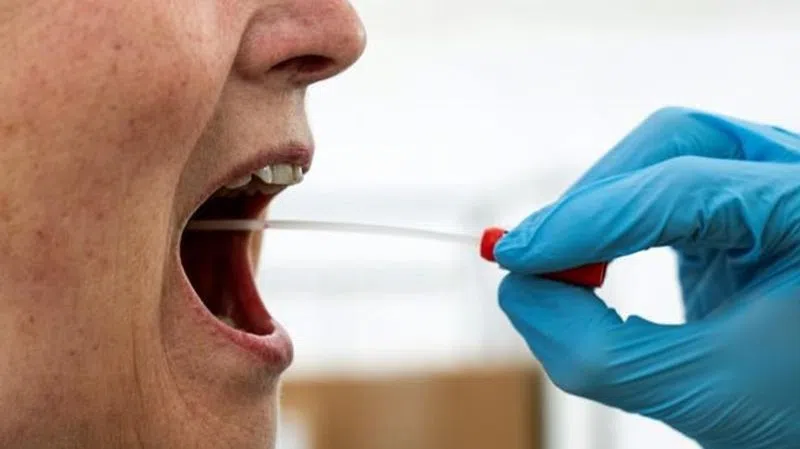
The latest developments on COVID-19 in Canada
The latest news on the COVID-19 global pandemic (all times Eastern):
11:55 a.m.
Prime Minister Justin Trudeau says the federal government is working with provinces on developing national guidelines for lifting COVID-19 restrictions.
Ontario will become the latest province today to present its plan for gradually reopening its economy, after Saskatchewan, New Brunswick and Prince Edward Island laid out their own schedules last week.


